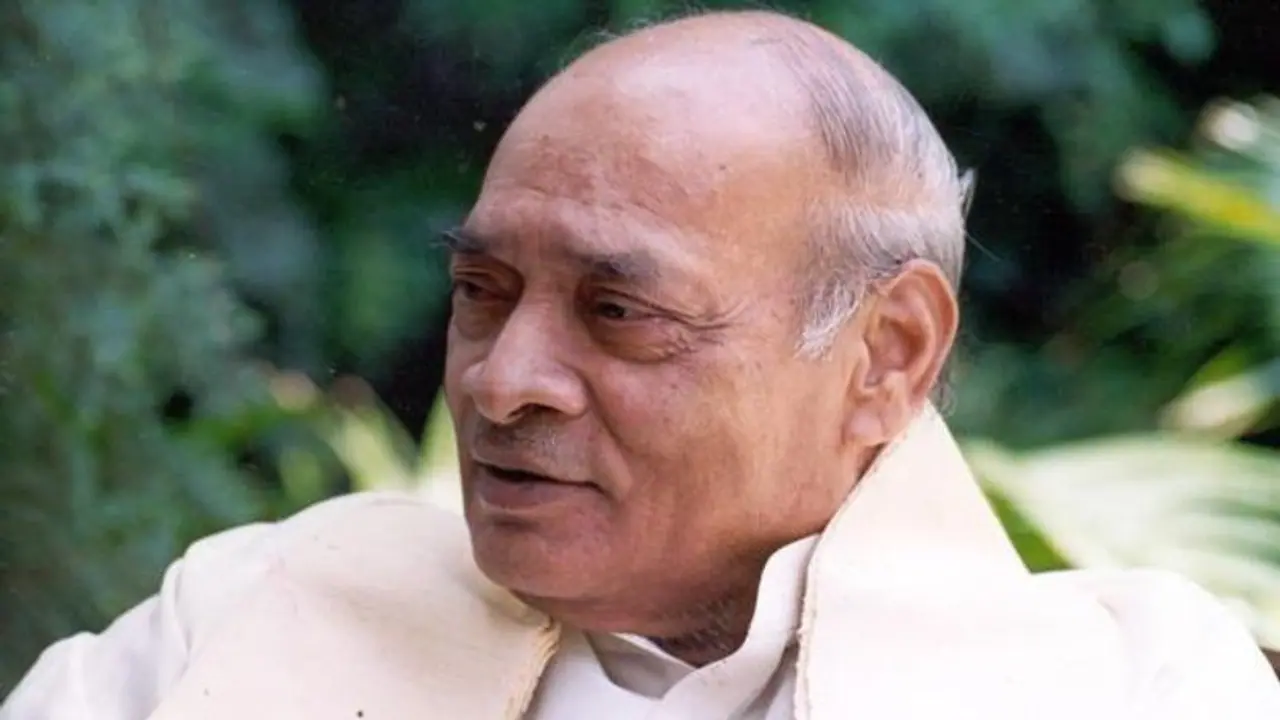The nationalists aka right-wing remember PV Narasimha Rao with fondness for his act of transforming India with liberalisation and globalisation. Further, they sympathise with his soul for the disgusting treatment the Congress had meted out to his body. Finally, the urge to pinch the Congress is strong.
When the BJP government on Friday conferred the nation’s highest civilian honour Bharat Ratna on former President Pranab Mukherjee, the name of another Congress stalwart cropped up strongly and surprisingly in right-wing circles. That of former Prime Minister and the father of liberalisation in India, PV Narasimha Rao or fondly known as PVNR.
On social media platforms such as Twitter, a tide of demand for Bharat Ratna for PVNR rose, as if Mukherjee’s Bharat Ratna was not embarrassment enough for the Congress.
Price Rao paid
It is difficult to forget how Rao, one of India finest PMs ever, was mistreated by the Congress even in his death. He was denied a state funeral at Raj Ghat; his body lay unattended for hours outside the All India Congress Committee (AICC) office.
PVNR, just as Mukherjee, is generally remembered as having opposed the manacles of the Gandhi family on the party. As a result, his achievements were entirely ascribed to a pliant Manmohan Singh, who was also rewarded by the Congress high command with PM-ship.
The tall PM
In 1991, Narasimha Rao was the man who steered the country out of the direst economic crisis that India had faced since Independence. That year Rajiv Gandhi had been assassinated and the Soviet Russia had collapsed.
The historic budget of 1991, delivered in speech and to Parliament by then finance minister Manmohan Singh, who later went in to don his own prime minister’s mantle, heralded the opening up of Indian economy, known also as Indian economy’s globalisation-liberalisation.
But it is generally believed that it was the handiwork of Rao, himself an academic marvel of sorts. He not only opened Indian economy, it also meant that he divorced Nehruvian socialism as Congress’s longstanding ideology.
Another huge achievement of Rao was the new industrial policy. As it was presented in Parliament by then MoS PJ Kurien, posterity has almost forgotten that Rao was his boss, not just as PM, but also the industries minister of India. It was once again his idea. It was nothing short of a revolution as Rao broke with another big legacy of Nehru and Indira. His industrial policy did away with the draconian conservative Licence-Permit Raj. He had subverted Nehru’s own industrial policy from 1956.
Hunted by high command
Much hated, it is said, by the Gandhi family, it is a matter of record that he is perhaps the only prime minister who was not cremated in Delhi and who does not have a samadhi sthal. He was not even cremated with state honours.
As noted by Sanjay Baru, the author of the eponymous novel ‘The Accidental Prime Minister’ on the life of Manmohan Singh as prime minister, the Gandhi family was quite averse to him being cremated here in Delhi. They convinced the family to take his mortal remains to Hyderabad.
His dead body was also not allowed inside the Congress head office as was the tradition.
Why RW loves him
Rao, however, was also seen as a rightwinger inside the Congress, not that he was the first. He also saw the demolition of the Babri mosque in Ayodhya and many hold him complicit in the event. The Congress and the Left see him as a rightwing colluder, while the right itself glorifies Rao for this “achievement”.
Meanwhile, Rao has always found accolades within the BJP and Hindutva’s ideological fountainhead RSS.
PM Modi has been a Rao fan, too. “Remembering our former PM Shri PV Narasimha Rao on his birth anniversary. Shri Rao is widely respected as a statesman who provided valuable leadership during a critical period of India’s history. Blessed with immense wisdom, he made a mark as a distinguished scholar as well,” he tweeted on Rao’s 97th birth anniversary last year.
Looking at political correctness after the initial sordidness, the Congress too came around at least to not give public expression to their loathing. In a break with the anti-Rao tradition established since his death, the Congress chose to mention his achievements only March last year at the AICC plenary session.
